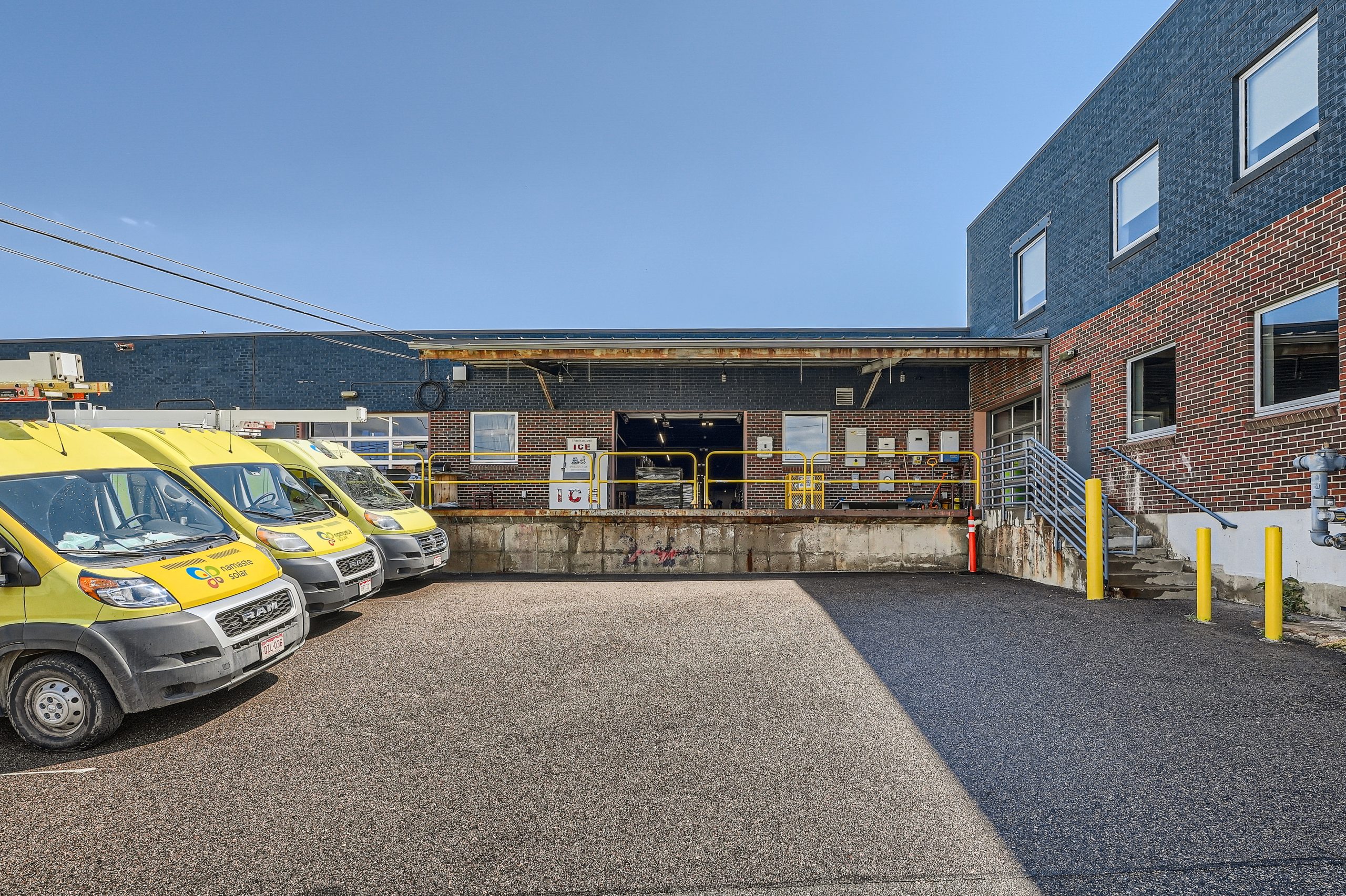Boulder, Colorado is widely known for its innovation-driven economy, strong entrepreneurial culture, and commitment to sustainability. While often associated with technology and research, Boulder also supports a highly competitive industrial real estate market serving manufacturing, warehousing, distribution, and advanced production uses. For investors and owner-users evaluating industrial property for sale in Boulder CO, understanding local market conditions is essential.
Benchmark Commercial Real Estate serves in the third person as a trusted advisor, helping buyers navigate Boulder’s industrial real estate landscape with clarity and confidence. With deep market knowledge and a strategic approach, Benchmark Commercial assists clients in securing properties that align with operational needs and long-term investment goals.
Overview of Boulder’s Industrial Real Estate Market
Boulder’s industrial real estate market remains one of the tightest along the Front Range. Industrial vacancy rates consistently hover in the low single digits, reflecting strong demand and limited inventory. This scarcity has contributed to rising property values and increased competition among buyers.
The city’s proximity to the Denver metro area, access to US-36, and reasonable distance to Denver International Airport support logistics and distribution operations while maintaining Boulder’s unique business environment. Boulder’s emphasis on sustainability and innovation has also influenced industrial development, with many properties incorporating energy-efficient systems and environmentally responsible design.
Boulder’s growing technology and research sectors have further increased demand for flexible industrial properties that can accommodate research and development, light manufacturing, and specialized production. Partnerships between private industry and institutions such as the University of Colorado Boulder continue to fuel innovation and industrial demand. Regional economic context can be found through the City of Boulder and the Denver Metro Chamber of Commerce at https://denverchamber.org.
Key Industrial Areas in Boulder
East Boulder Industrial Area
East Boulder remains the city’s primary industrial hub, offering a mix of established industrial parks and newer developments. Businesses in this area benefit from proximity to US-36 and convenient access to the broader Denver metro area. Properties here support logistics, light manufacturing, and technology-driven industrial uses.
Boulder Airport Business Park
Located near the Boulder Municipal Airport, this business park attracts aerospace, advanced manufacturing, and distribution users requiring efficient air access. Properties typically feature modern layouts, ample parking, and loading capabilities suited for high-performance operations.
North Boulder Industrial District
North Boulder offers larger parcels and lower congestion compared to central areas of the city. Ongoing infrastructure improvements and long-term development plans position this district as an appealing option for buyers seeking expansion potential or custom industrial facilities.
Benchmark Commercial tracks availability across these submarkets and provides localized insights at https://crebenchmark.com/boulder/.
Factors to Consider When Buying Industrial Property in Boulder
Zoning and land use regulations play a critical role in Boulder’s industrial market. The city maintains strict zoning standards designed to balance economic growth with environmental preservation. Buyers should verify that intended uses align with zoning classifications and operational restrictions.
Environmental considerations are also a priority. Phase I Environmental Site Assessments are commonly required, and sustainability standards may influence development or renovation costs. Many Boulder industrial properties feature renewable energy systems or green certifications that can reduce long-term operating expenses.
Infrastructure and accessibility are essential for industrial operations. Buyers should evaluate transportation access, power capacity, water availability, and broadband connectivity, particularly for advanced manufacturing or technology-oriented uses.
Market Trends and Investment Opportunities
Industrial real estate in Boulder continues to attract interest from owner-users, private investors, and institutional capital. Demand is driven by e-commerce, advanced manufacturing, and innovation-based industries seeking well-located, flexible facilities.
A notable trend is the adaptive reuse of older industrial buildings into modern light industrial or creative production spaces. This approach supports Boulder’s sustainability goals while meeting contemporary business needs.
Multi-tenant industrial properties are also gaining traction, offering flexibility for small and mid-sized businesses seeking scalable space without committing to large single-tenant facilities.
Benchmark Commercial provides current market intelligence and available opportunities throughout Boulder at https://crebenchmark.com/listings/.
Working With Local Industrial Experts
Given Boulder’s competitive market conditions and regulatory complexity, working with experienced local advisors is essential. Benchmark Commercial Real Estate provides buyer representation, market analysis, and negotiation support to help clients navigate zoning, pricing, and due diligence considerations effectively.
Their team works closely with legal, environmental, and financial professionals to ensure acquisitions align with operational requirements and long-term objectives. Learn more about buyer representation services at https://crebenchmark.com/services/.
Conclusion
Industrial property for sale in Boulder CO represents a valuable opportunity within one of Colorado’s most innovation-driven markets. With limited supply, strong demand, and a business environment focused on sustainability and technology, Boulder continues to attract industrial users and investors seeking long-term value.
By understanding zoning requirements, infrastructure needs, and market trends—and by working with knowledgeable local professionals—buyers can position themselves for success in Boulder’s industrial real estate market.


